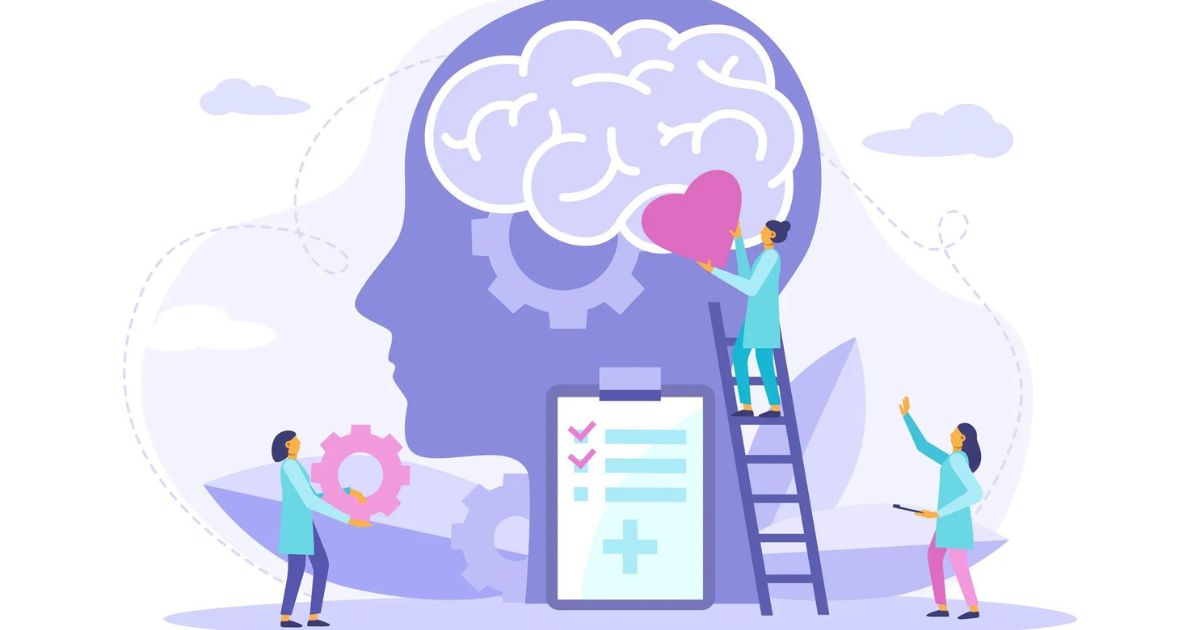In the realm of mental health, crises don’t adhere to schedules. They knock unannounced, often catching individuals at their most vulnerable moments. To address this pressing issue, organizations elevating mental health crisis services are joining forces with healthcare organizations to ensure that individuals in crisis receive the support they need when they need it.
At the heart of this collaboration lies the 988 Suicide & Crisis Lifeline, a recent addition to our arsenal in the battle against mental health crises.
This lifeline acts as a crucial lifeline for many individuals, offering immediate support in their most critical moments. However, it’s important to remember that this service represents just the beginning of a longer journey, one that necessitates seamless integration between public mental health crisis services and healthcare clinicians.
When it comes to responding to mental health crises, integration is key. Just as medical care organizations stand ready to assist individuals experiencing medical emergencies like strokes or heart attacks, mental health crisis response organizations should be equally prepared.
The divide between these two aspects of care must be bridged to ensure individuals in crisis receive the holistic support they require.
The implementation of the 988 Suicide & Crisis Lifeline marks a significant step forward in the realm of mental health crisis care.
This dedicated lifeline offers immediate assistance to individuals experiencing a crisis, providing them with a much-needed lifeline in their darkest moments. Its importance cannot be overstated, as it has the potential to save lives and alleviate suffering.
The Ongoing Journey For Elevating Mental Health Crisis
While the lifeline is undoubtedly a critical resource, it’s vital to recognize that it’s only the first step in the journey to comprehensive mental health care.
Mental health crises often require ongoing support and treatment, which is where the integration of crisis response and medical care becomes paramount.
The success of this integration hinges on seamless coordination between mental health crisis response and medical care organizations.
Just as medical facilities are equipped to handle emergencies like heart attacks, mental health crisis response organizations must be equally prepared to assist individuals in emotional distress.
This coordination extends to not only the immediate response to a crisis but also the subsequent care and treatment that individuals may require.
The transition from crisis intervention to ongoing care should be as smooth as possible, minimizing disruptions and ensuring individuals continue to receive the support they need.
To achieve this seamless coordination, it’s crucial to break down the silos that have historically separated mental health crisis care from the broader healthcare system.
This requires a collaborative effort between policymakers, mental health professionals, and medical practitioners. By working together, we can ensure that individuals facing mental health crises are met with a comprehensive and compassionate response.
From a policy standpoint, it is imperative that mental health crisis care be integrated into the broader healthcare framework. This integration should encompass the following key elements:
- Training and Education: Healthcare professionals should receive training in recognizing and responding to mental health crises alongside physical emergencies.
- Coordinated Protocols: Establishing standardized protocols for the seamless transition of individuals from crisis response to ongoing care.
- Resource Allocation: Allocating resources to expand mental health crisis care services and ensure their accessibility to all individuals in need.
- Community Engagement: Engaging communities to reduce the stigma surrounding mental health and encourage individuals to seek help when needed.
- Data Integration: Integrating data systems to facilitate information sharing between crisis response and healthcare organizations, ensuring continuity of care.
In our collective efforts to address mental health crises, the 988 Suicide & Crisis Lifeline is a vital tool. However, it should serve as a stepping stone to a more comprehensive and integrated approach to mental health care.
By breaking down the barriers between crisis response and healthcare organizations, we can provide individuals facing mental health crises with the holistic support and care they deserve.
It’s a journey that requires collaboration, dedication, and a commitment to improving the well-being of all members of our society.









